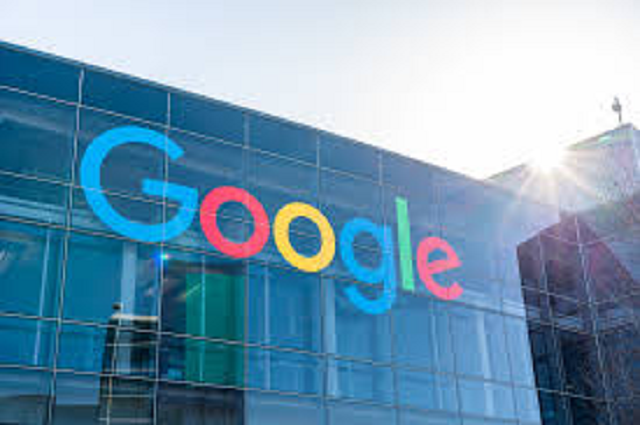Charles Murito, Google’s head of government relations and public policy for Africa, urges African governments to recognize fibre optic cables as critical infrastructure to safeguard the continent’s communications network. Speaking at the Africa Tech Conference, Murito emphasizes the crucial role of terrestrial and subsea fibre cables in supporting Africa’s growing digital economy.
He highlights the increasing risks to fibre optic infrastructure from criminal activities, especially syndicates targeting telecom tower sites to steal batteries and generators. Murito stresses the importance of classifying fibre optic infrastructure as critical, ensuring stricter penalties for any intentional damage. “Classifying it as a critical investment ensures that there are severe repercussions for those who maliciously damage it,” he states.
Google has invested significantly in Africa’s connectivity, including the Equiano subsea cable, which links Africa to Europe, and the recent Umoja cable, connecting Africa to Australia. Murito argues that stronger protection for fibre infrastructure and mobile towers would provide reassurance to investors looking to establish businesses in Africa.
He also suggests that greater cooperation among Internet Service Providers (ISPs) in sharing cables could help reduce data costs and enhance accessibility. Additionally, he calls for the harmonization of policies around cable installation, which would simplify operations for telecom and tech companies, ultimately accelerating network expansion across the continent.
Murito points out that while mobile internet access is vital for African economies, only 27% of the population had mobile internet access last year. He attributes this low penetration to inconsistent telecom infrastructure regulations, making it difficult for companies to establish and maintain fibre optic networks. Murito urges governments to streamline permissions and regulations to foster the growth of these essential services.













